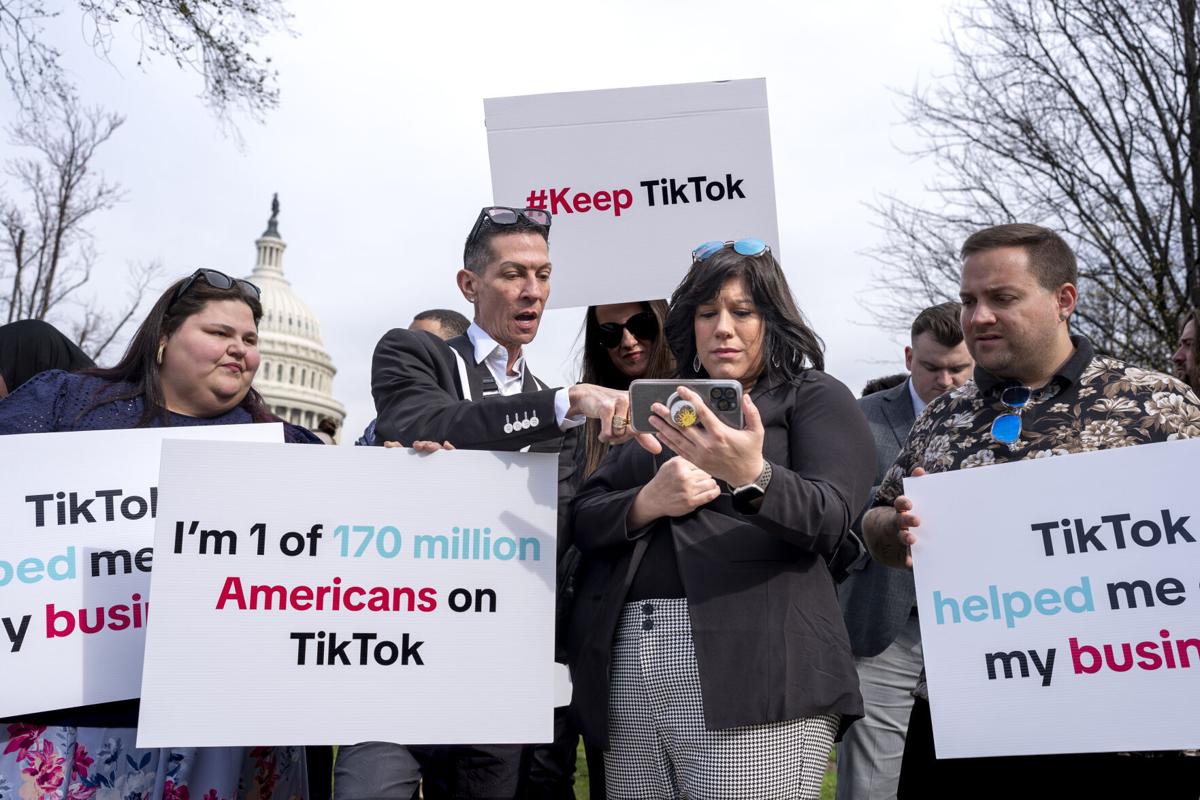The Department of Justice (DOJ) urged a federal court to dismiss TikTok’s attempt to overturn a law that could lead to its ban in the United States. This law mandates ByteDance, TikTok’s China-based parent company, to sell the app or face a ban, a move President Biden enacted into law in April.
The DOJ emphasized national security concerns, alleging that TikTok uses internal search tools to gather information on users’ opinions on sensitive topics.
In documents submitted to the US Court of Appeals for the DC Circuit, the DOJ claimed that ByteDance and TikTok employees could use a search tool within Lark, the company’s web-suite system, to amass user data based on content or expressions about contentious issues like gun control, abortion, and religion.

The DOJ also warned that TikTok might manipulate content for US users and that sensitive user data could potentially be stored on servers in China.
TikTok has consistently denied allegations that it poses a national security threat, branding the attempts to ban it as unconstitutional. The company reiterated its stance in a recent statement on X (formerly Twitter), asserting that the Constitution supports its position and disputing the DOJ’s claims.
The legal battle underscores ongoing concerns about data privacy and national security related to Chinese-owned technology companies operating in the US. As TikTok fights to overturn the ban, the case highlights the broader geopolitical tensions and regulatory challenges surrounding digital platforms and user data protection.
